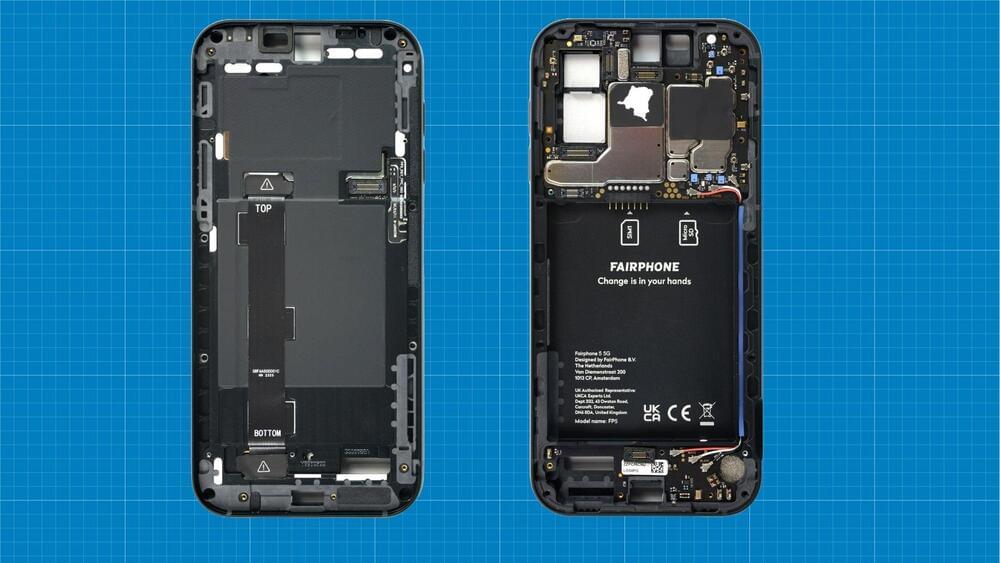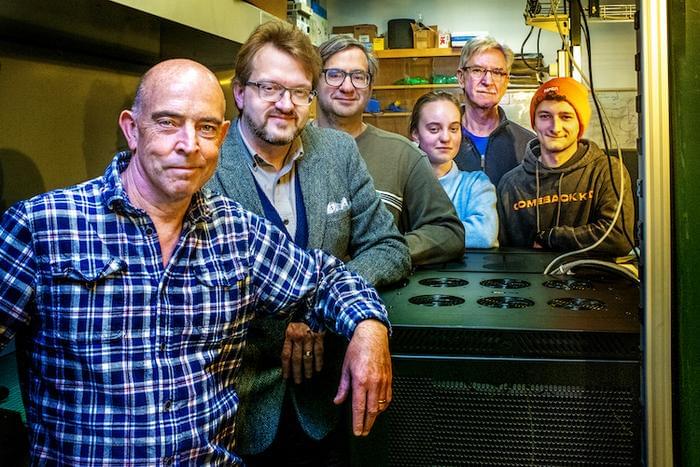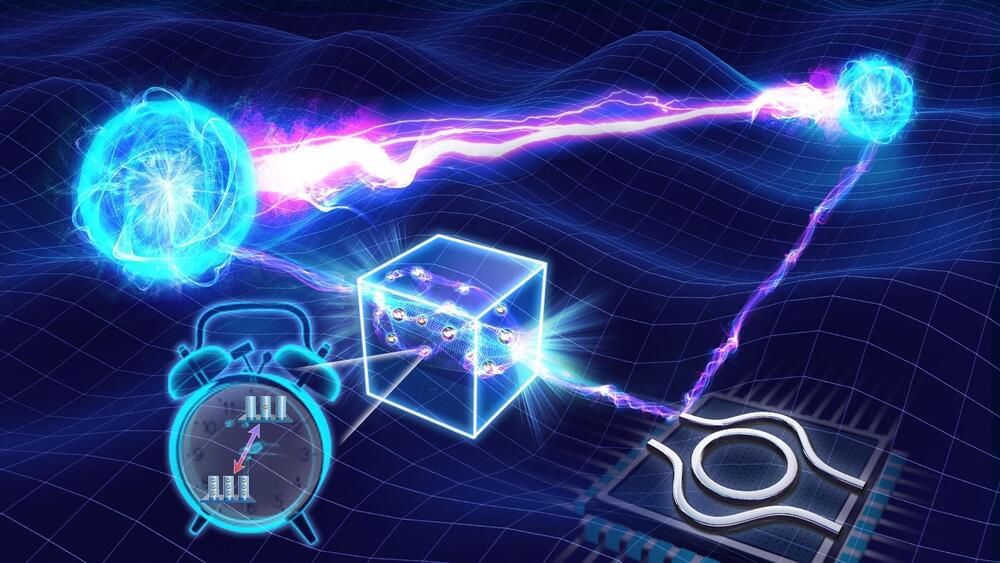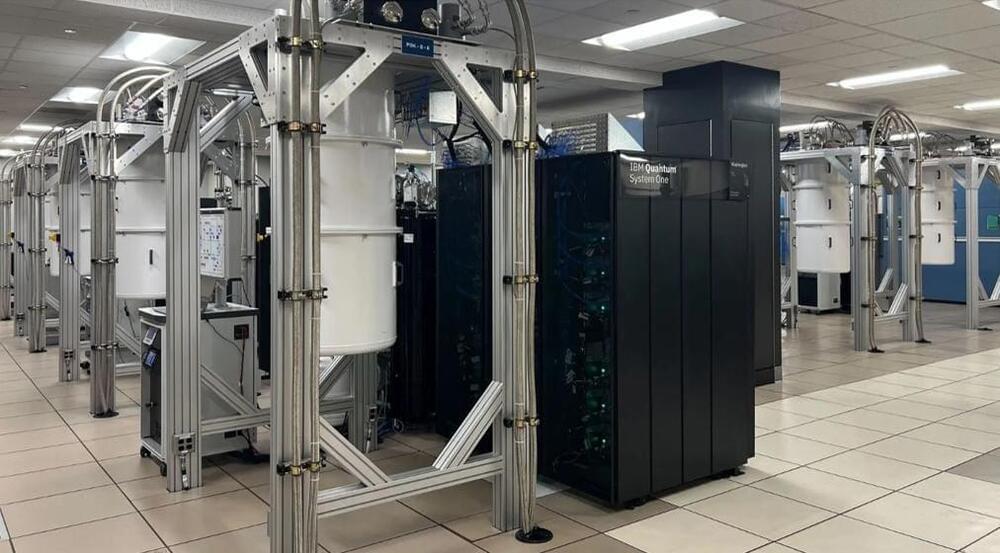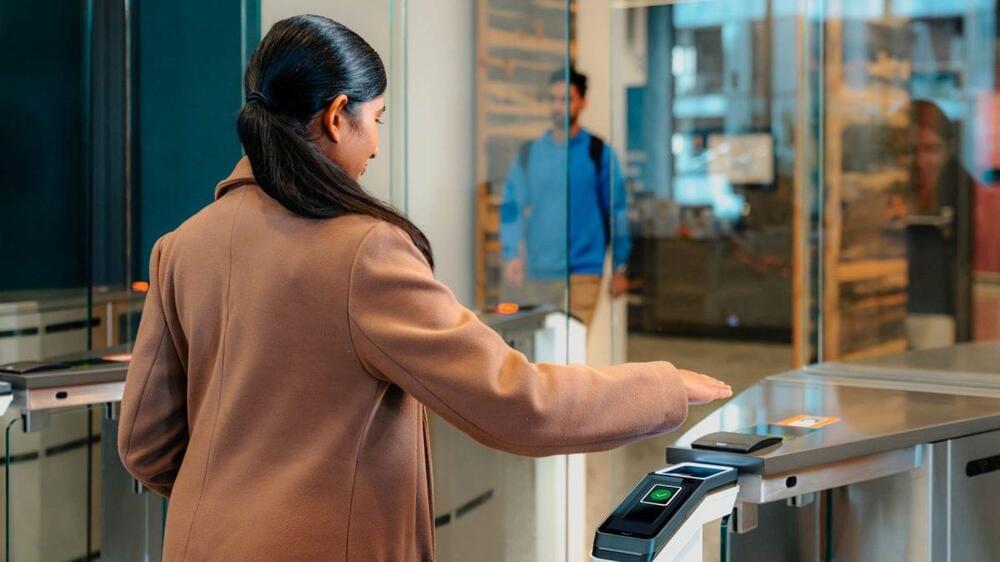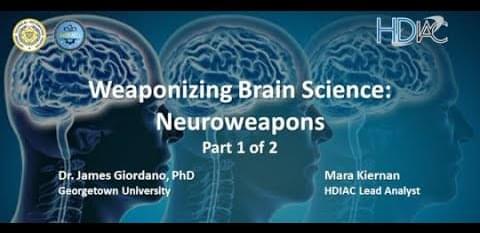Dec 11, 2023
This smartphone challenges the industry with its focus on sustainability
Posted by Gemechu Taye in categories: mobile phones, security, sustainability
Fairphone promises five Android version upgrades and at least eight years of security updates to achieve a total lifespan of a decade. Whether its performance will remain adequate for all users’ needs throughout that time remains to be seen.
What the industry can learn
In a world dominated by disposable electronics, the Fairphone 5 stands out. The Fairphone 5 offers a different excitement – the thrill of a phone built to last. With its modular design, long-term software support, and commitment to sustainability, the Fairphone 5 is a game-changer for anyone who wants a smartphone that’s both good for their pocket and the planet. While the EU is pushing for a removable battery for all smartphones by 2027, making USB-C already a standard, more needs to be done.
